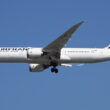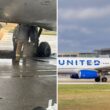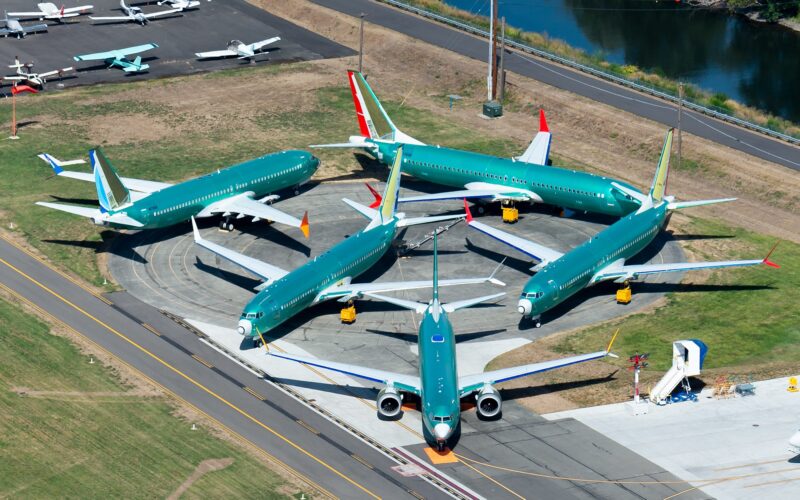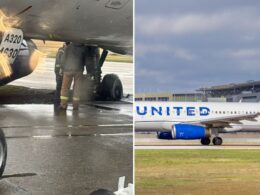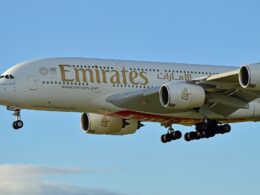75% of the 737 MAX aircraft in Boeing’s inventory will need to be reworked following the discovery of a production problem affecting the fuselage of the jet.
Brian West, the Chief Financial Officer (CFO) and Vice President of Finance of Boeing, revealed that out of the 225 Boeing 737 MAX aircraft sitting in the inventory, “roughly 75% will require the fuselage rework and the number of inventoried airplanes will likely increase” in Q2 2023.
However, the Original Equipment Manufacturer (OEM) expects to deliver most of these aircraft by the end of 2024.
Currently, the biggest hurdle for clearing the inventory is China, with 138 out of 225 aircraft of the type scheduled to be delivered to airlines based in the country. While carriers based in China resumed flying the type in January 2023, they have not taken delivery of the 737 MAX since the groundings in March 2019.
Positive outlook
However, a recent report published by the Chinese authorities could result in the country’s airlines taking up deliveries of the 737 MAX once again.
“[…] the CAAC [Civil Aviation Administration of China – ed. note] released their 737 aircraft evaluation report. It’s an important step toward the delivery of aircraft that are currently in Boeing’s possession,” said David Calhoun, the President and Chief Executive Officer (CEO) of Boeing.
According to ch-aviation.com data, 48 737 MAX aircraft are currently active in China with 11 different airlines. In its United States Securities and Exchange Commission (SEC) filing for Q1 2023, the OEM highlighted that there is “uncertainty” regarding the deliveries to China despite the CAAC’s report and that it continues “to work with a small number of customers who have requested to defer deliveries or to cancel orders for 737 MAX aircraft, and we are remarketing and/or delaying deliveries of certain aircraft included within inventory”.
Gnarly defect
The delivery delays are related to a supplier issue which, Boeing noted in the SEC filing, was caused when a “non-standard manufacturing process was used on two fittings in the aft section of certain 737-7, 737-8, and 737 military derivative aircraft”, namely the P-8 Poseidon. Boeing added that the problem does not affect 737 MAX-9 or “737-10 minor models”.
Calhoun called it a “gnarly defect”, pointing out that it was located “in that aft section of our airplane and very difficult to visibly assess”.
“In fact, it’s impossible to visibly assess once the process to do it is complete, so without witnessing firsthand that process in action, you’re not likely to find it from that point forward,” Calhoun added.
In the SEC filing, Boeing said the defect would “impact timing of near-term deliveries as we perform rework on affected aircraft, and we are working with our customers to reschedule certain deliveries”.
However, the manufacturer is not changing the supplier master schedule and is still expecting to increase the production rate of the 737 MAX to 38 per month later in 2023 and deliver between 400 and 450 aircraft of the type by the end of the year.
Still, the unchanged supplier master schedule could result “in increased near-term inventory”. By 2025/2026, Boeing expects to produce 50 737 MAX per month.
According to Calhoun, an employee at Spirit AeroSystems, the supplier which produces 737 fuselages, “raised their hand and noticed a bad procedure, and everybody jumped on it”.


